How Much Do Dealers Charge Tax on Cars
Updated on: July 26, 2021
Even great negotiators often pay more than the sticker price when it comes to car shopping. That's because the dealership and government add taxes and fees to the final "out-the-door" (OTD) price. You can't avoid taxes, but you can contest some of the additional fees you'll encounter when buying a car. Knowing which to fight can help you set expectations for the OTD price and avoid spending more than you plan on a car.
Fees (Nearly) Every Car Buyer Pays
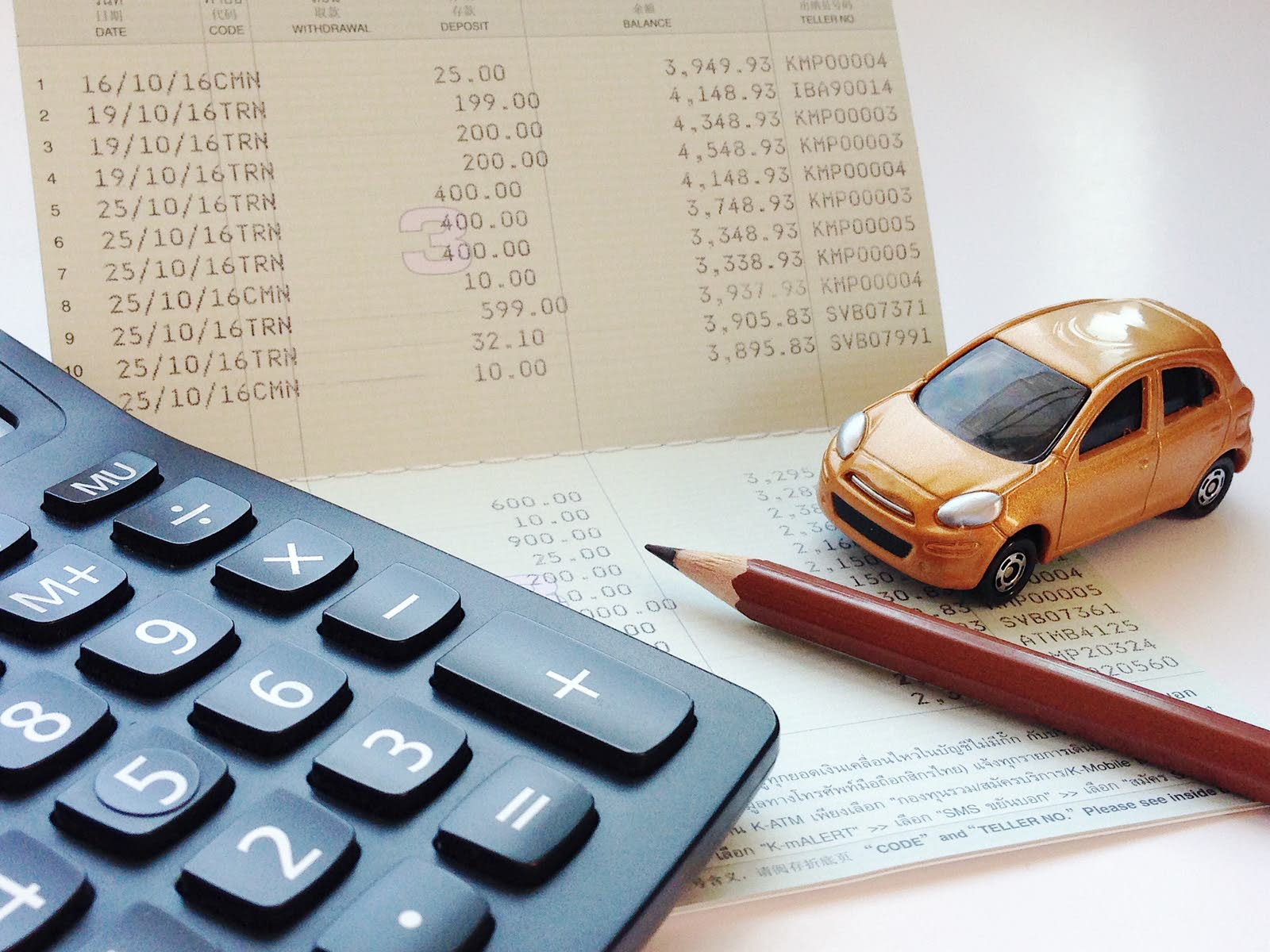
Sales Tax Sales tax is the biggest extra cost when buying a car (even in a private sale). How much you'll pay depends on the tax rate of the state in which you register the vehicle—not where you buy it. You won't save on sales tax by buying a car in a state or nearby county with a lower tax rate. Some cities and counties add more sales tax to the state amount, too.
While these charges are unavoidable (unless your state has no sales tax), you may be able to lessen the tax burden a couple ways. If you trade in a car, most states subtract the amount you receive from the dealer from the taxable price of your new vehicle. This is one reason to get the best trade-in price possible.
You may also save on sales tax through dealership rebates or incentives that reduce the sales price of the car. Fewer states allow this option, though.
Altogether, sales tax rates can be above 10 percent. For a $35,000 car, that means paying a bill of $3,500. Figure out how much you'll owe using a sales tax calculator.
Excise Tax
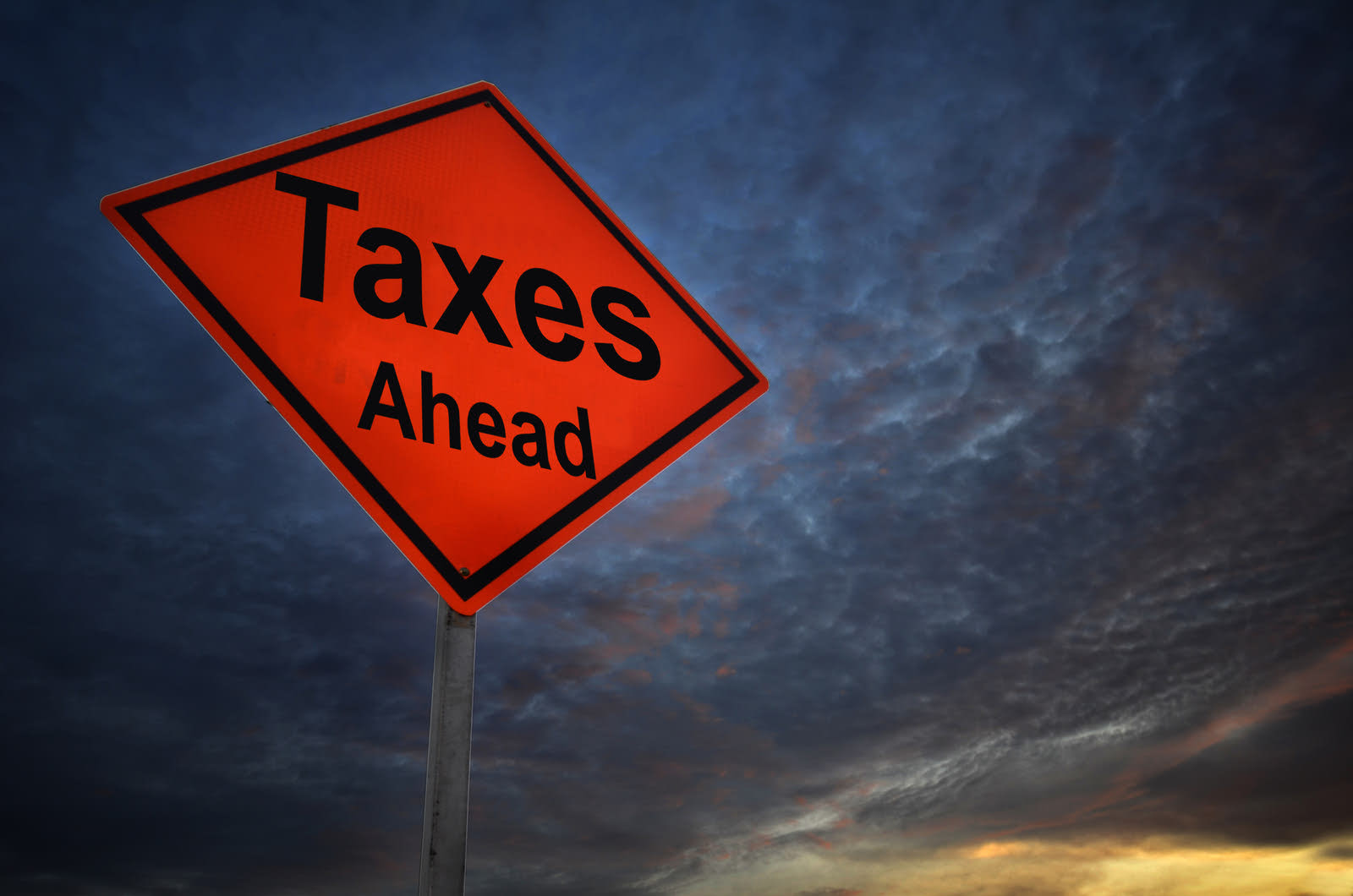
Excise Tax Excise tax is like a property tax for owning a car. You pay this to your state annually after registering a vehicle, so you shouldn't expect to pay it when you buy the car at a dealership. Not all states charge a vehicle excise tax.
Research your state's policies to see how much you might owe per year. Typically, the amount is tied to the car's value. In Massachusetts, for instance, car owners pay $25 per $1,000 of value, where value is determined by a set percentage of the car's original manufacturer's suggested retail price (MSRP). So, if the determined value of a car is $15,000, the owner would pay a $375 excise tax bill.
You must pay excise tax every year you own a car, though your bill will decrease each year, often until it hits your state's minimum threshold. That's because car values continuously depreciate—and this is one time it's okay to be happy about that.
Registration Fee
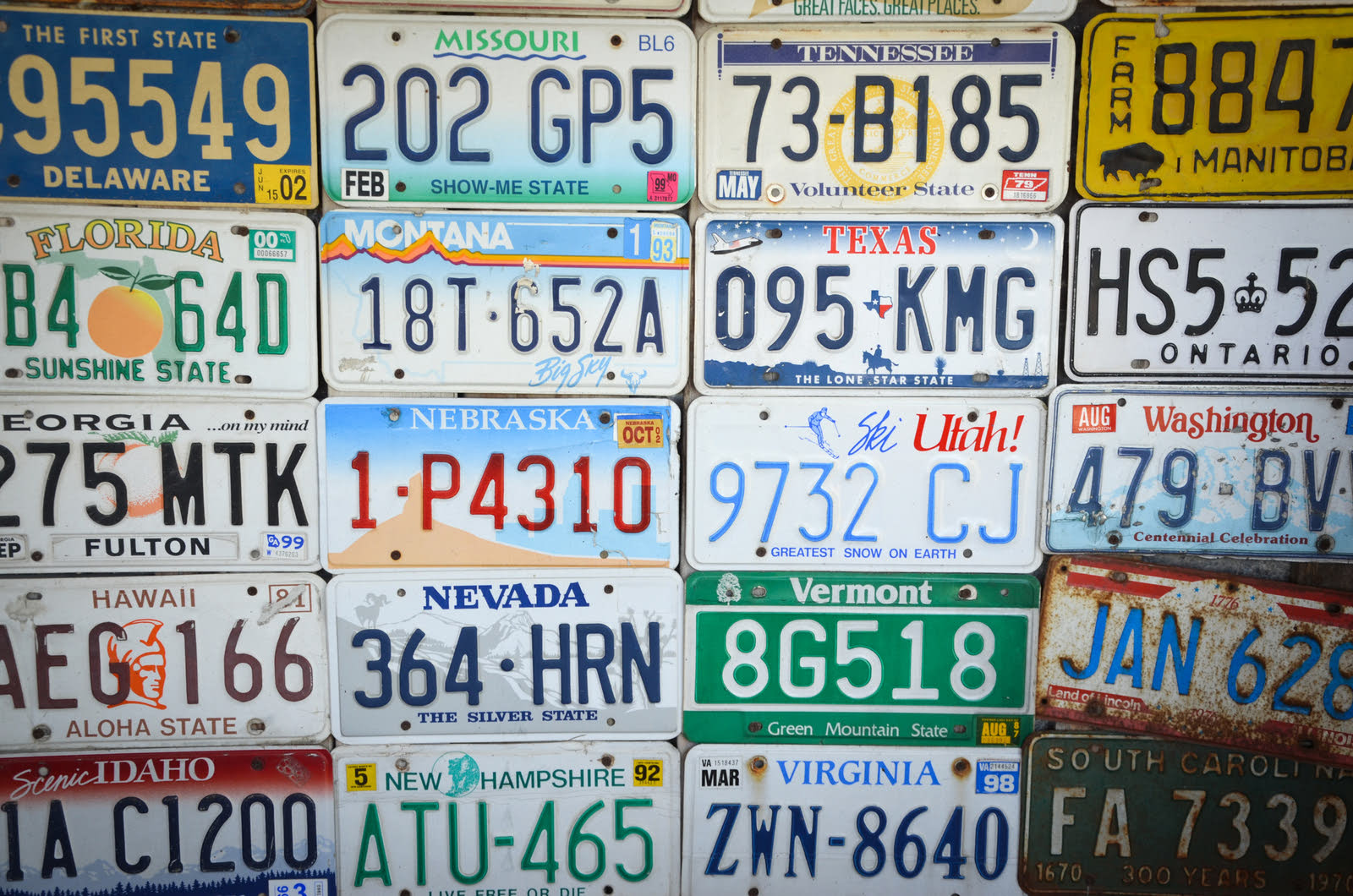
Registration Fee You must also pay your state a registration fee to receive license plates and a title fee to record your car's title. States determine these fees in different ways. Some charge a flat rate for any vehicle; others use a scale based on the vehicle's weight, value, age, or other criteria. You can find your state's title and tag fee information here.
Documentation Fee
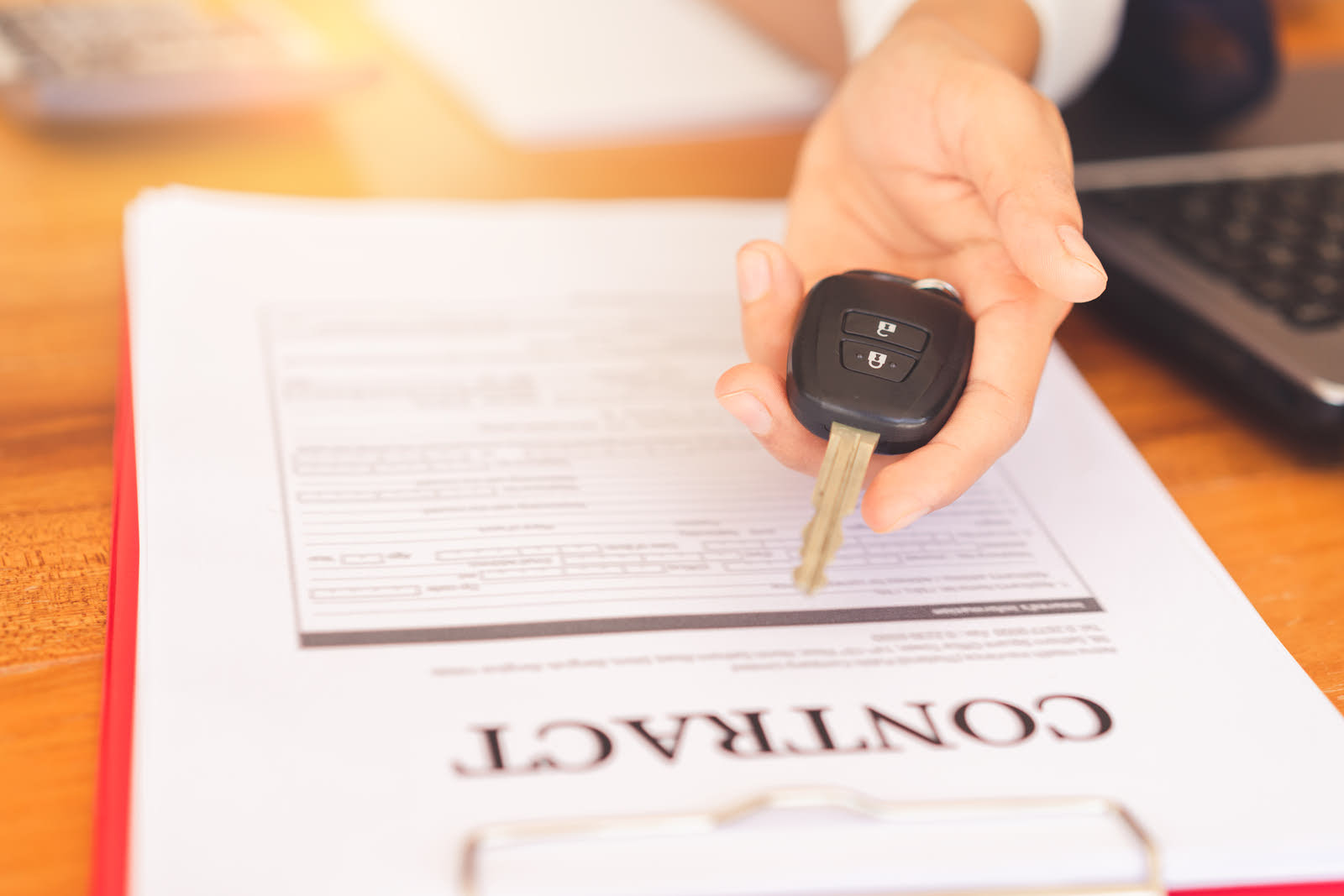
Documentation Fee Then, there are dealer fees. Car dealers usually handle registration paperwork for you. For doing this, they'll charge a document fee, or "doc fee." You can try negotiating this fee—especially if you'll still have to visit the Department of Motor Vehicles (DMV) or your local equivalent to complete the registration process. But it's hard to waive the doc fee altogether. If the dealership won't budge on the doc fee, try negotiating the vehicle's pricing until you cancel out the cost of the fee.
Destination Fee
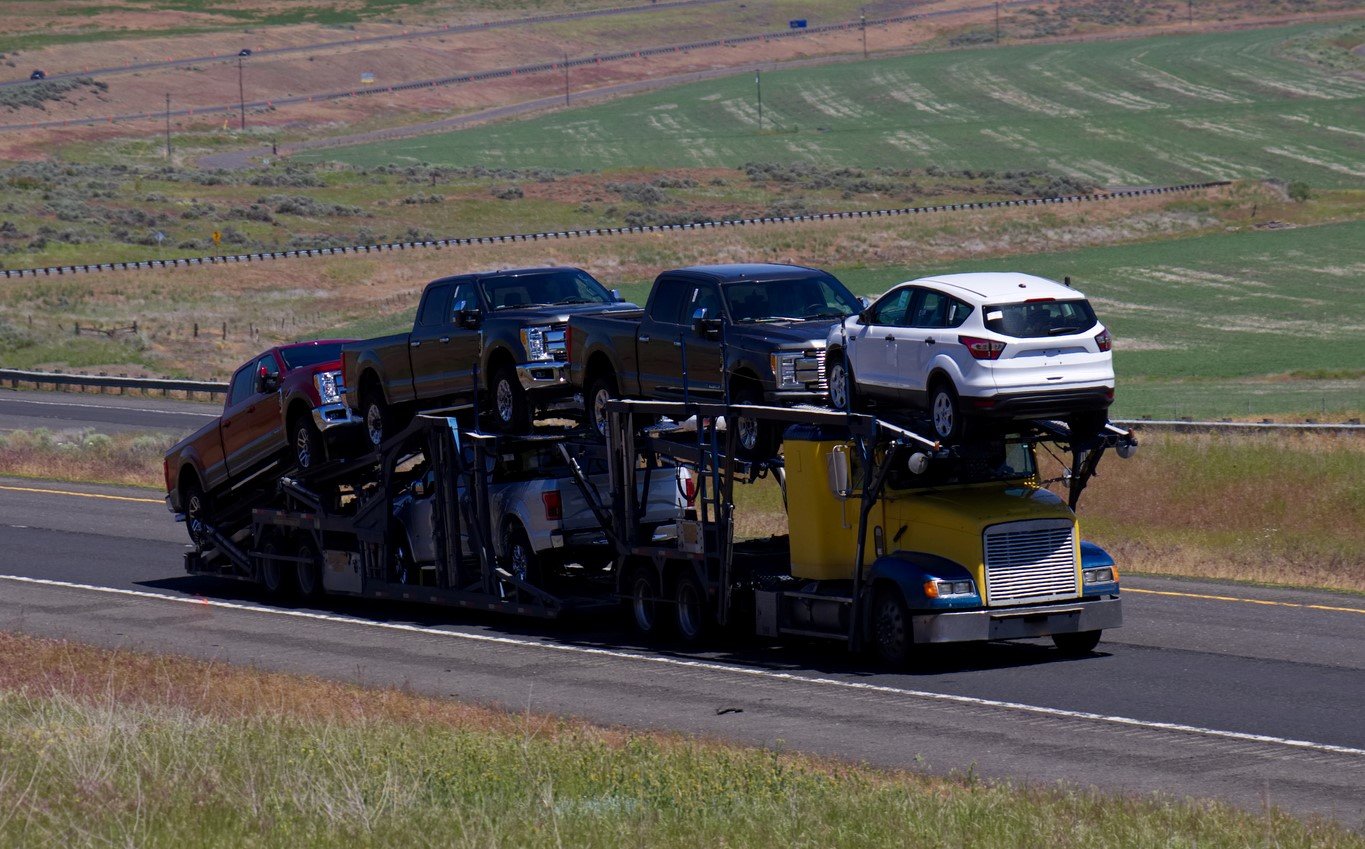
Destination Fee A destination fee is what the automaker charges to transport a car to the dealership. These fees use a concept called "equalized delivery." In short, that means manufacturers make dealerships pay equal destination fees, no matter their location. So you can't, for instance, save on this fee by shopping closer to a manufacturer's factory.
Like other manufacturer costs, you likely won't be able to negotiate to reduce a destination fee. But look out for dealerships that charge a "delivery fee" on top of a destination fee. That extra delivery fee doesn't come from the manufacturer, and you shouldn't have to pay it.
Fees You Should Try to Avoid
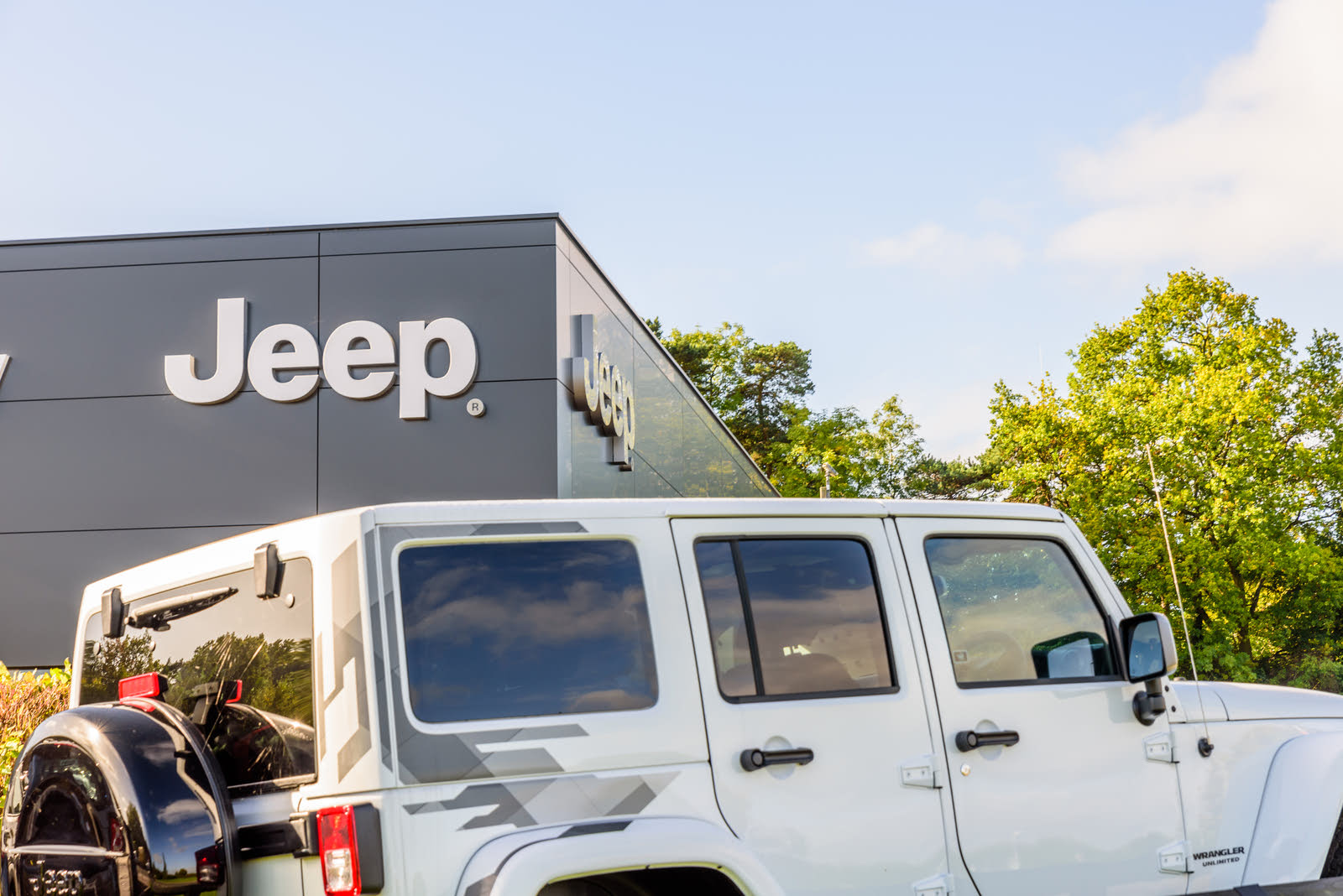
Advertising Fee You can run into a couple different advertising fees when buying a car. The first type is a regional advertising fee. Car manufacturers charge dealerships this fee to run advertisements in their area. You'll find this fee on the manufacturer's invoice, and like other manufacturer costs, the buyer should pay it.
Some dealerships may also charge an extra fee to cover their own advertising efforts. That's for the dealership to pay, not you. If you're unsure which type of advertising charge a dealership has included, ask. Getting answers like that is key to any successful car negotiation.
Prep Fee
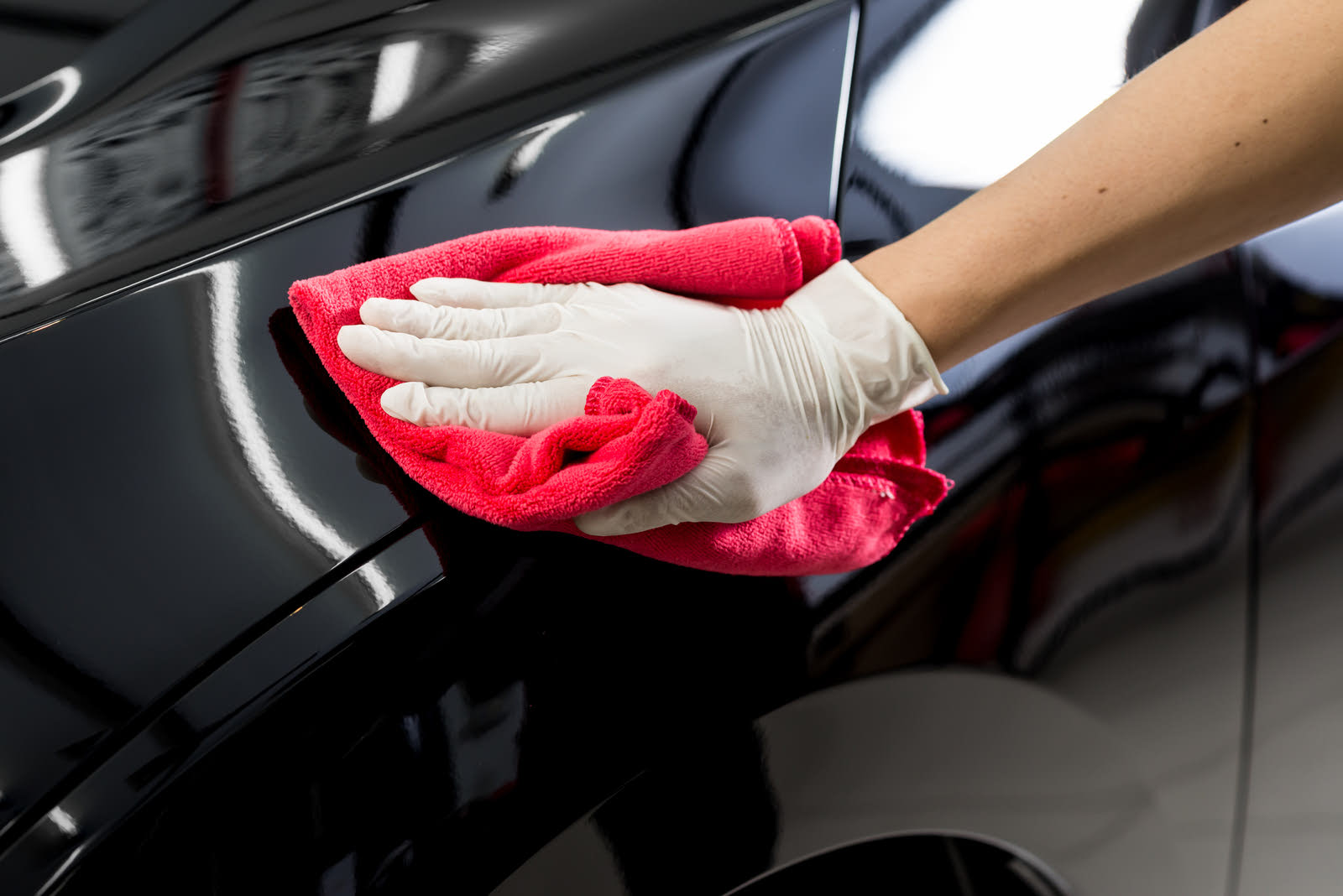
Prep Fee Car prep fees cover a dealership's costs to get a car ready for sale. For new cars, not much work is needed—mostly just removing plastic covering from the seats, adding fluids to the car, and checking the tires. So, no matter what this charge is, it's likely too high.
Used cars may need more time and effort for preparation. But without this investment, the dealer probably couldn't sell the car at the price you're paying. Because of this, it's reasonable to ask them to cover it.
Dealer Mark-up Fees
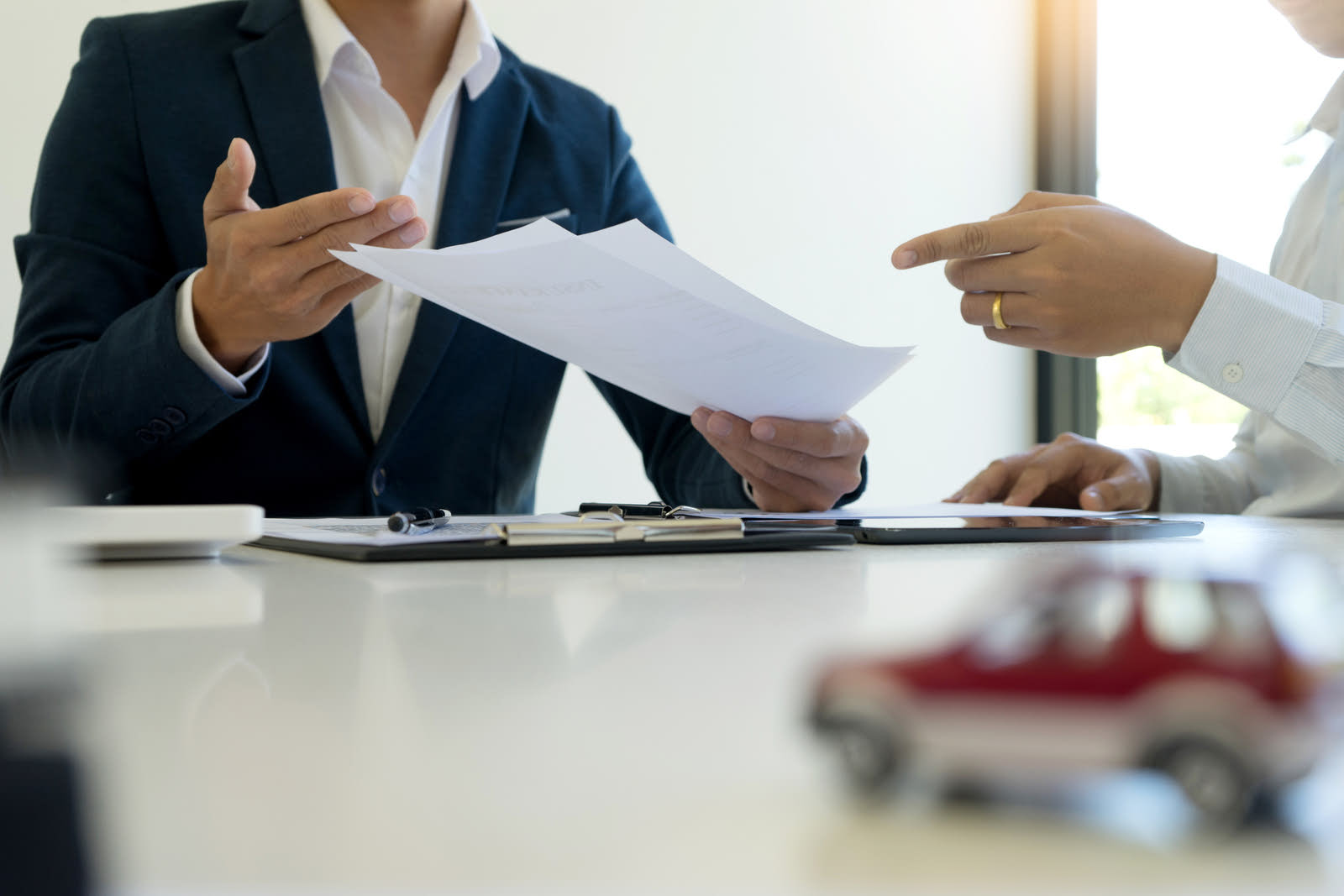
Dealer Mark-up Fees Dealerships usually label mark-up fees as ADM (additional dealer mark-up) or ADP (additional dealer profit) fees. After all, a fee that openly declares it's there to increase the car dealership's profit would grab most buyers' attention—as it should.
Dealerships may charge more than a car's MSRP for many reasons. Some include this mark-up if the car for sale is particularly rare or in high demand. Others may be unwilling to advertise the true lowest price because they expect the buyer to negotiate down from the listed selling price. Don't disappoint them!
Everything Else
Everything Else Once you enter the dealership's finance and insurance office, you may hear about plenty of other options and fees. These go by many names: extended warranties, rustproofing, undercoating, VIN etching, etc. Research potential add-ons and know what you want beforehand to avoid feeling pressured into any of these services.
The Bottom Line
Besides sales tax, most car-buying fees cost only a few hundred dollars each. But the individual amounts of those additional charges add up, and they can make a substantial difference in the total cost of your car purchase. Figure out how much you want to pay based on the car's market value, then add fees and taxes to estimate the total price. To get the best car deal, shop around with that number in mind, and ask the salesperson plenty of questions—including, "Will you waive that fee?"
Related Topics
What to Know When Getting a Car Loan
5 Things You Can Do to Lower Auto Insurance Costs
Where Should I Buy My Next Car?
Read More CarGurus Tips and Advice
How Much Do Dealers Charge Tax on Cars
Source: https://www.cargurus.com/Cars/articles/understanding_taxes_and_fees_when_buying_a_car
0 Response to "How Much Do Dealers Charge Tax on Cars"
Post a Comment